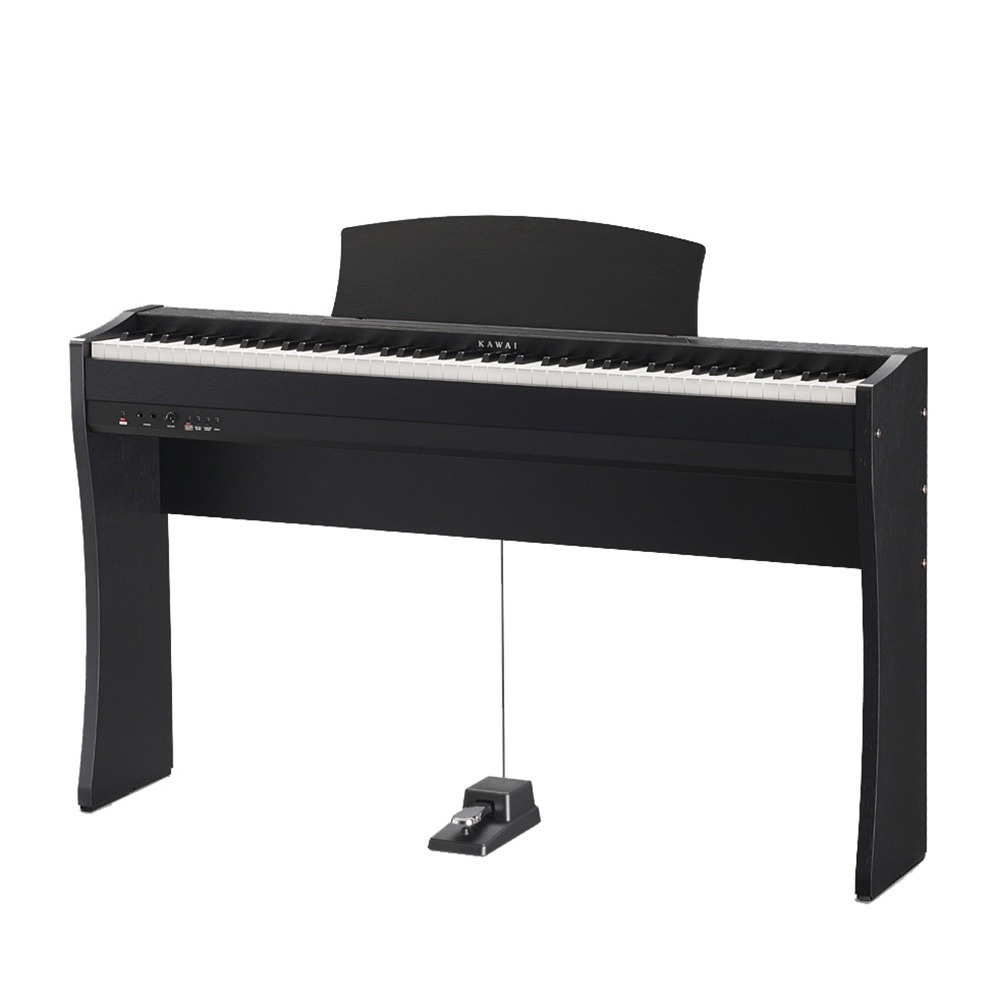1. Introduction
The digital piano is a type of electronic keyboard instrument that is designed to simulate the sound and feel of an acoustic piano. It has become increasingly popular in recent years due to its portability, affordability, and wide range of features. But do digital pianos need to be tuned? This article will explore this question in depth, providing information on the advantages and disadvantages of tuning a digital piano, as well as the factors that affect the need for tuning, how often it should be done, who can do it, and the cost of tuning a digital piano.
2. What is a Digital Piano?
A digital piano is an electronic keyboard instrument that uses sampled sound from an acoustic piano to create a realistic sound that simulates the experience of playing an acoustic piano. Digital pianos typically have weighted keys and other features such as sustain pedals and built-in speakers that make them more suitable for playing classical music than other types of electronic keyboards.
3. How Does a Digital Piano Work?
A digital piano works by using samples of recorded sounds from an acoustic piano. These samples are then played back through speakers or headphones when a key is pressed on the keyboard. The keys on a digital piano are usually weighted and designed to feel like those on an acoustic piano, giving the player a similar experience when playing.
4. Do Digital Pianos Need to be Tuned?
The short answer is yes – digital pianos do need to be tuned in order to maintain their accuracy and performance levels over time. While tuning may not be necessary for some models of digital pianos, most require regular tuning in order to keep them sounding their best.
5. Advantages of Tuning a Digital Piano
Tuning a digital piano can help ensure that it produces accurate notes and sounds at all times, making it easier to play accurately and with confidence. Regular tuning also helps prevent any potential damage from occurring due to incorrect tension or other factors that can affect the sound quality of the instrument over time.
6. Disadvantages of Tuning a Digital Piano
The main disadvantage of tuning a digital piano is the cost involved in doing so – professional tuning services can be expensive, especially if you need to have your instrument tuned regularly. Additionally, some people may find it difficult or intimidating to tune their own digital pianos, as it requires some technical knowledge and skill in order to do so correctly.
7. Factors That Affect the Need for Tuning a Digital Piano
The frequency with which you need to tune your digital piano depends on several factors such as how often you play it, how much use it gets, where it is stored (i.e., in a humid environment), and what type of music you are playing (i.e., classical vs pop). Additionally, certain brands or models may require more frequent tuning than others due to their design or components used in construction.
8. How Often Should You Tune Your Digital Piano?
Most experts recommend having your digital piano tuned at least once every year or two depending on usage and environmental conditions; however, if you are playing your instrument frequently or storing it in less-than-ideal conditions (such as high humidity), then you may want to consider having it tuned more often than this recommendation suggests.
9. Who Can Tune Your Digital Piano?
Professional tuners who specialize in electronic keyboards are typically recommended for tuning digital pianos; however, there are also some DIY methods available if you feel confident enough to attempt tuning your own instrument without risking damage or incorrect tensioning of components within the instrument itself.
10. Cost of Tuning a Digital Piano
The cost of having your digital piano professionally tuned will vary depending on the tuner you choose and where they are located; however, most professional tuners charge around $75-$100 per hour for their services – although some may charge more or less depending on their experience level and location. Additionally, DIY methods can usually be done at no cost aside from purchasing any necessary tools or supplies needed for the job itself (if applicable).
11 Conclusion
In conclusion, while there are both advantages and disadvantages associated with tuning a digital piano, it is generally recommended that they should be tuned at least once every year or two depending on usage and environmental conditions in order to ensure optimal performance levels over time – although this recommendation may vary depending on certain factors such as brand/model type or level of usage/exposure conditions experienced by the instrument itself. Professional tuners are typically best suited for this task; however, DIY methods can also be used if desired (although these should only be attempted by those with sufficient knowledge/skill).

